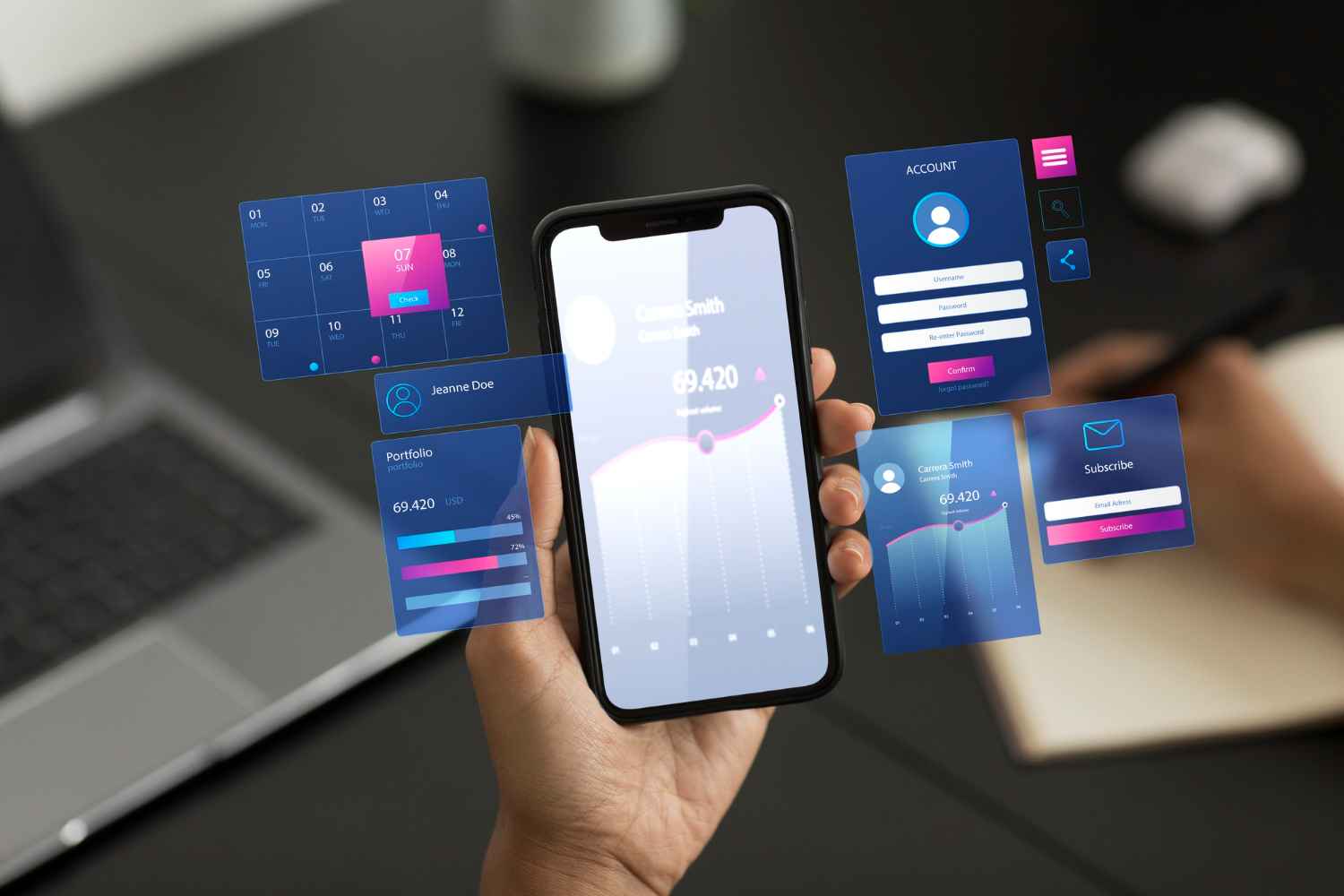Mobile apps have revolutionized our lives, making day-to-day tasks more convenient and enhancing business capabilities. The rise in demand for digital solutions, especially during the COVID-19 pandemic, has accelerated the need for efficient mobile development. Among the various approaches, Xamarin has emerged as a standout choice for cross platform apps development. Compared to native iOS and Android app development, Xamarin offers a faster and more cost-effective alternative, enabling developers to create high-performance, native-like applications for iOS, Android, macOS, and more. Here’s how you can leverage Xamarin’s capabilities to speed up your mobile app development process.

1. Leverage the Lean Development Approach
Lean development, rooted in Agile principles, emphasizes efficiency, rapid delivery, and built-in quality. Using an integrated development environment like Visual Studio can further enhance the Lean Development Approach by providing tools for code completion, project management, and debugging. By adopting this approach, you can streamline the app development process with Xamarin. Lean principles focus on minimizing waste, optimizing performance, and ensuring swift delivery of functional products. Xamarin’s framework aligns perfectly with these principles, allowing developers to implement lean strategies effectively, reducing development time and enhancing overall productivity.
2. Utilize In-Built Controls and UI Frames
One of the significant advantages of Xamarin app development is its ability to streamline the development process through Xamarin.Forms. With the transition to .NET Multi-platform App UI (MAUI), developers can now build native UI across multiple platforms with enhanced access to native APIs. This tool allows developers to share up to 100% of code across multiple platforms, drastically reducing the time required for development. Xamarin.Forms provides an extensive library of built-in UI controls, such as labels, buttons, and lists, which can be readily deployed across different platforms. This pre-built functionality accelerates development and ensures a consistent user experience across iOS, Android, and Windows.
3. Integrate Robust mBaaS for Back-End Management
Managing back-end functionalities can be complex, particularly when dealing with features like cloud integration, data synchronization, and social media integration across various mobile platforms. Xamarin seamlessly integrates with powerful mobile Backend-as-a-Service (mBaaS) solutions such as Azure Mobile Apps Service. Leveraging mBaaS allows developers to focus on enhancing app efficiency and user experience, while the mBaaS handles the intricacies of back-end operations. This integration not only speeds up development but also ensures that your app remains scalable and adaptable to future needs.
4. Employ Xamarin TestCloud for Comprehensive Testing
Testing is crucial to ensure the robustness and reliability of mobile applications. Xamarin TestCloud provides a comprehensive testing environment that enables you to test your app across various iOS and Android devices and platforms simultaneously. This cloud-based testing tool helps in identifying and resolving issues quickly, saving both time and resources. By utilizing Xamarin TestCloud, developers can accelerate the testing phase, leading to a faster time-to-market for their applications.
5. Embrace the Cross-Platform Development Approach
Developing separate apps for each platform can be time-consuming and costly. Utilizing the .Net framework in Xamarin development enables cross-platform development by allowing developers to share code across Android, iOS, and Windows. Xamarin’s cross-platform capabilities eliminate the need for multiple codebases, allowing developers to build apps for Android, iOS, and Windows from a single codebase. This approach not only reduces development time but also lowers costs associated with maintaining and updating multiple apps. Xamarin’s cross-platform nature ensures that your app performs consistently across different devices, offering a seamless user experience.
In Closing
By adopting these best practices, you can significantly speed up your mobile app development process using Xamarin. Having an experienced Xamarin developer is crucial for efficient project completion. The framework’s ability to share code across platforms, integrate with robust back-end solutions, and streamline testing makes it an excellent choice for developing high-performance, native-like mobile applications. Whether you are developing an app for iOS, Android, or Windows, Xamarin offers a reliable and efficient solution.
If you are looking for a top-notch Xamarin app development company, consider contacting SoftProdigy. Our team of experienced developers is dedicated to delivering exceptional Xamarin mobile app development services, ensuring your project is completed efficiently and effectively.
FAQs
What is Xamarin?
Xamarin, developed and maintained by Microsoft, is an open-source platform for building high-performing mobile apps for Android, iOS, Windows, and more. It utilizes Microsoft Visual Studio as the main Integrated Development Environment (IDE) for Xamarin development, providing a sophisticated editor, debugging tools, and version management.
What are the key features of Xamarin?
Xamarin features include Xamarin. Forms for 100% code sharing across platforms, native user interfaces for Android and iOS, and easy integration with Microsoft Azure, SAP, and Parse. Additionally, it supports development using Visual Studio and Visual Studio Code, offering extensive tools for UI design, code editing, debugging, and publishing.
What are the benefits of using Xamarin?
Benefits include a native user experience, code sharability across platforms, cost and time efficiency, easy maintenance, comprehensive testing tools, and strong support from Microsoft.
Does Xamarin support desktop apps and Windows apps?
Yes, Xamarin supports the development of desktop apps and Windows apps. Xamarin offers a cross-platform solution for mobile, tablet, and desktop apps, integrating all the characteristics of native platforms for these applications. This includes creating Windows apps using Xamarin.Native tools.
How do Xamarin apps compare to native apps and native platforms?
Xamarin apps can provide near-native performance, but there are certain differences compared to native apps on platforms like Windows, macOS, iOS, and Android. While Xamarin allows for building apps that look and feel like their native platforms, there are considerations regarding app size, costs, and platform-specific optimizations. Xamarin enables access to native UI and APIs, making it a robust alternative to native app development.
